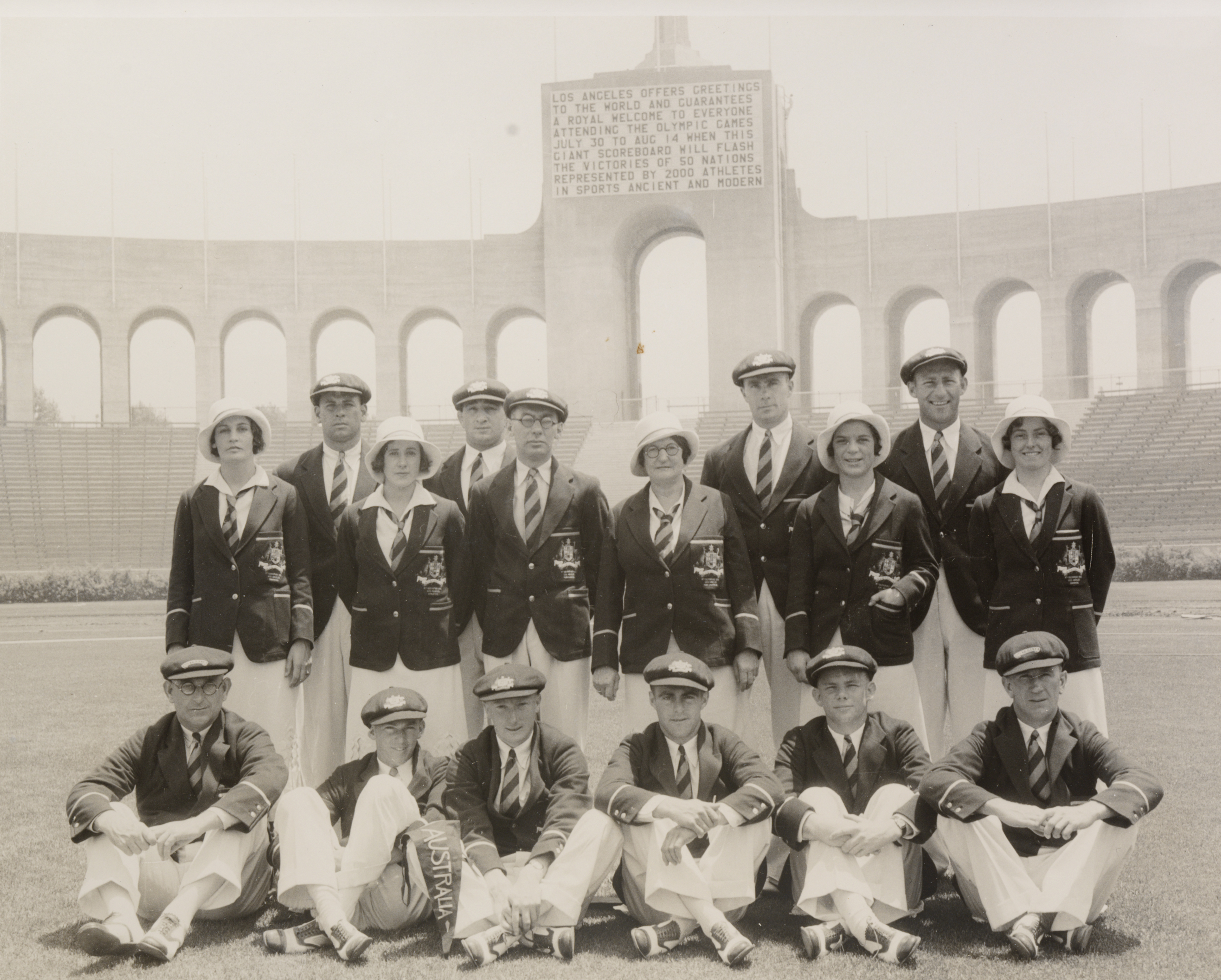|
Cecil Ross Burnett
Cecil Ross Burnett (27 April 1872 – 6 December 1933) was a British landscape artist and portraitist. He signed his work "C. Ross Burnett". Early life and education Burnett was born in Old Charlton, Kent; his father, William Charles Burnett, was a banker. He trained at Blackheath School of Art and the Westminster School of Art before entering the Royal Academy School in 1892. In 1895 he won the Turner gold medal and a scholarship for landscape painting, and a silver medal for a portrait from life. Career He specialised in portraits and in mostly rural landscapes, many created near Amberley, Sussex, where he had a cottage. He worked in oil and watercolour, and was a member of the New Society of Painters in Water-Colours from 1910 and of the Langham Sketching Club and the Pencil Society. Burnett exhibited at the Royal Academy and elsewhere. He entered works in the art competitions at the 1928 Summer Olympics and the 1932 Summer Olympics. In 1898 he founded the Sidcup School ... [...More Info...] [...Related Items...] OR: [Wikipedia] [Google] [Baidu] |
Painter
Painting is the practice of applying paint, pigment, color or other medium to a solid surface (called the "matrix" or "support"). The medium is commonly applied to the base with a brush, but other implements, such as knives, sponges, and airbrushes, can be used. In art, the term ''painting ''describes both the act and the result of the action (the final work is called "a painting"). The support for paintings includes such surfaces as walls, paper, canvas, wood, glass, lacquer, pottery, leaf, copper and concrete, and the painting may incorporate multiple other materials, including sand, clay, paper, plaster, gold leaf, and even whole objects. Painting is an important form in the visual arts, bringing in elements such as drawing, Composition (visual arts), composition, gesture (as in gestural painting), narrative, narration (as in narrative art), and abstraction (as in abstract art). Paintings can be naturalistic and representational (as in still life and landscape art, lands ... [...More Info...] [...Related Items...] OR: [Wikipedia] [Google] [Baidu] |
1932 Summer Olympics
The 1932 Summer Olympics (officially the Games of the X Olympiad and also known as Los Angeles 1932) were an international multi-sport event held from July 30 to August 14, 1932 in Los Angeles, California, United States. The Games were held during the worldwide Great Depression, with some nations not traveling to Los Angeles; 37 nations competed, compared to the 46 in the 1928 Games in Amsterdam, and then-U.S. President Herbert Hoover did not attend the Games. The organizing committee did not report the financial details of the Games, although contemporary newspapers claimed that the Games had made a profit of US$1,000,000. Host city selection The selection of the host city for the 1932 Summer Olympics was made at the 23rd IOC Session in Rome, Italy, on 9 April 1923. Remarkably, the selection process consisted of a single bid, from Los Angeles, and as there were no bids from any other city, Los Angeles was selected by default to host the 1932 Games. Highlights *Charles Cu ... [...More Info...] [...Related Items...] OR: [Wikipedia] [Google] [Baidu] |
Academics Of Sidcup Art College
An academy (Attic Greek: Ἀκαδήμεια; Koine Greek Ἀκαδημία) is an institution of secondary or tertiary higher learning (and generally also research or honorary membership). The name traces back to Plato's school of philosophy, founded approximately 385 BC at Akademia, a sanctuary of Athena, the goddess of wisdom and skill, north of Athens, Greece. Etymology The word comes from the ''Academy'' in ancient Greece, which derives from the Athenian hero, ''Akademos''. Outside the city walls of Athens, the gymnasium was made famous by Plato as a center of learning. The sacred space, dedicated to the goddess of wisdom, Athena, had formerly been an olive grove, hence the expression "the groves of Academe". In these gardens, the philosopher Plato conversed with followers. Plato developed his sessions into a method of teaching philosophy and in 387 BC, established what is known today as the Old Academy. By extension, ''academia'' has come to mean the accumulation, dev ... [...More Info...] [...Related Items...] OR: [Wikipedia] [Google] [Baidu] |


